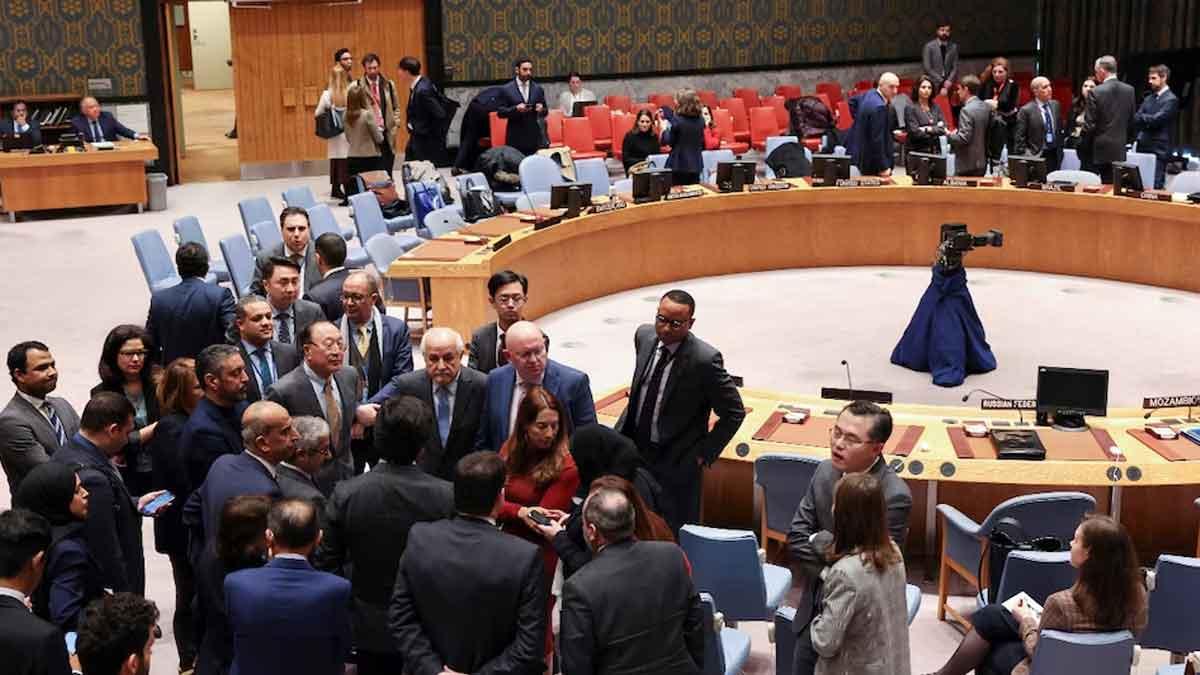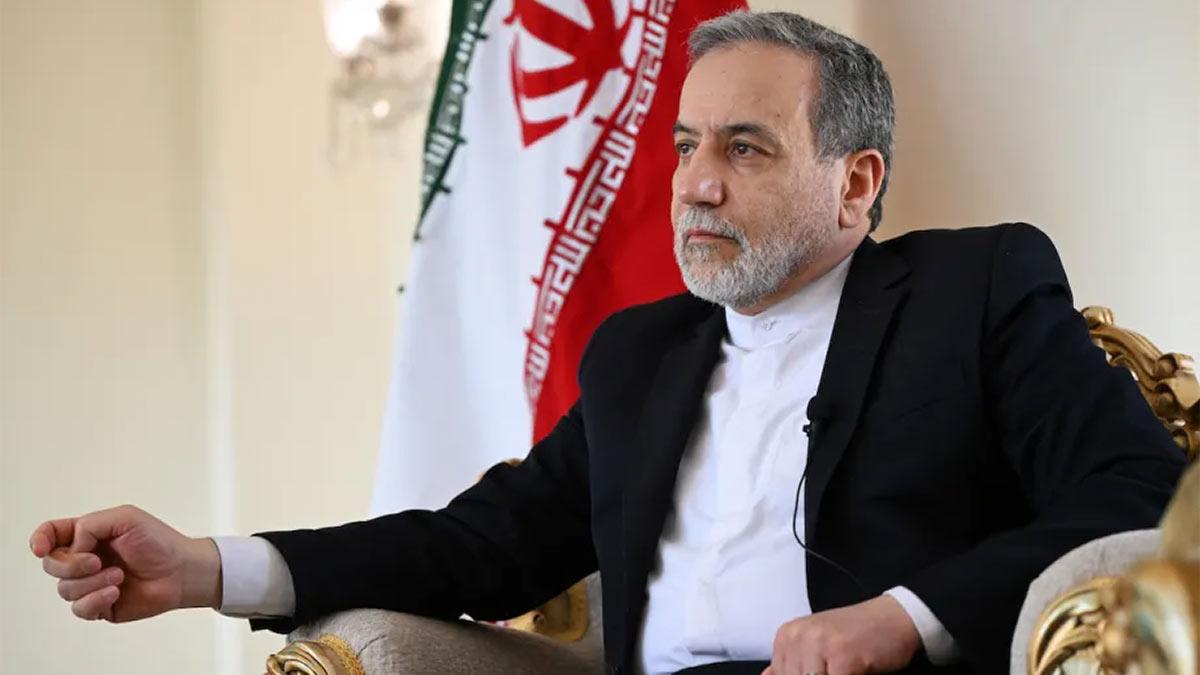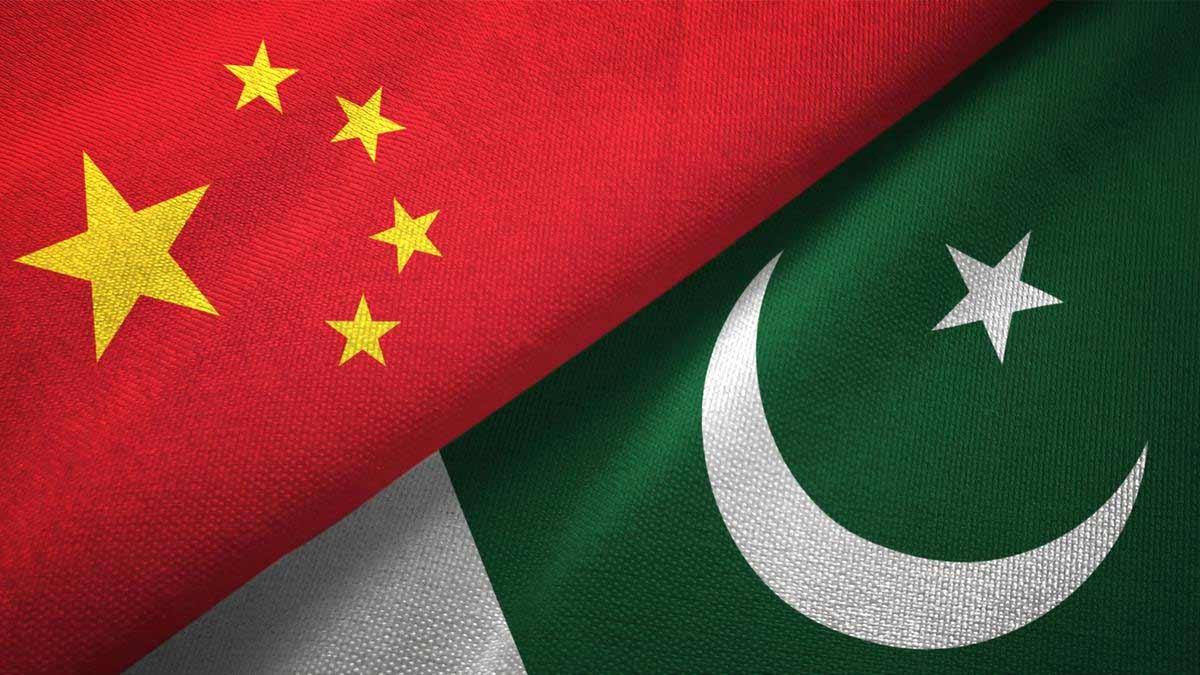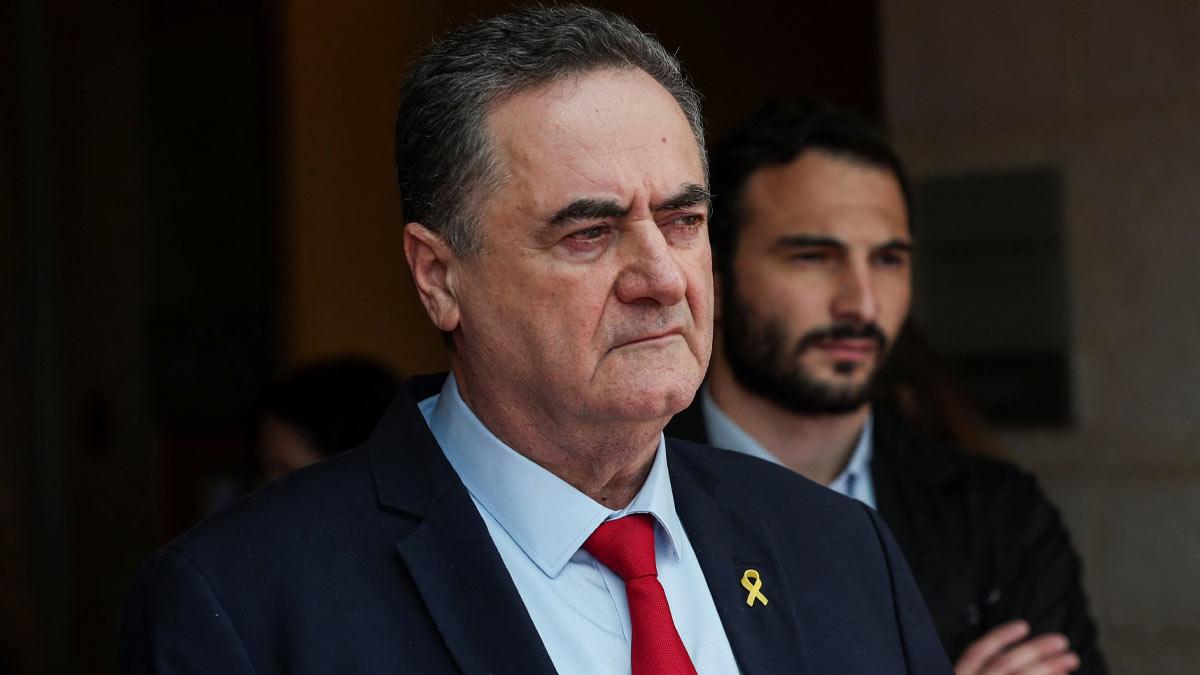India has expressed strong concerns over the blocking of evidence-based proposals in the UN Security Council aimed at blacklisting global terrorists without valid justification, suggesting a form of "double-speak" in addressing the issue. This criticism was subtly directed towards China, which has consistently put holds on efforts to sanction terrorists based in Pakistan.
During a recent open debate on the Working Methods of the UN Security Council, India's Permanent Representative to the UN, Ambassador Ruchira Kamboj, drew attention to the practices of the sanctions committee, noting their lack of transparency and accountability. She highlighted the disparity between publicized decisions on listing terrorists and the undisclosed rejections, which effectively function as a hidden form of veto power.
Kamboj emphasized the importance of genuine, evidence-based proposals being given fair consideration and denounced the obstruction of such efforts without proper justification. This criticism was perceived as a veiled reference to China's actions in repeatedly blocking bids by India to blacklist Pakistan-based terrorists.
India's frustration with the Security Council's inefficiency was evident, particularly regarding its failure to address conflicts in Ukraine and Gaza due to persistent polarization and vetoing by permanent members. Kamboj stressed the urgent need for UNSC reforms to ensure equitable representation and responsiveness to contemporary challenges.
India, along with other G4 nations—Brazil, Germany, and Japan—has proposed a detailed model for Security Council reform, advocating for new permanent members elected democratically by the General Assembly. They also showed flexibility on the issue of veto power, underscoring the UN's upcoming 80th anniversary as a critical milestone for tangible progress in this regard.
Read also | Israeli PM Netanyahu and NSA Doval Confer on Gaza Conflict and Aid Efforts"


















